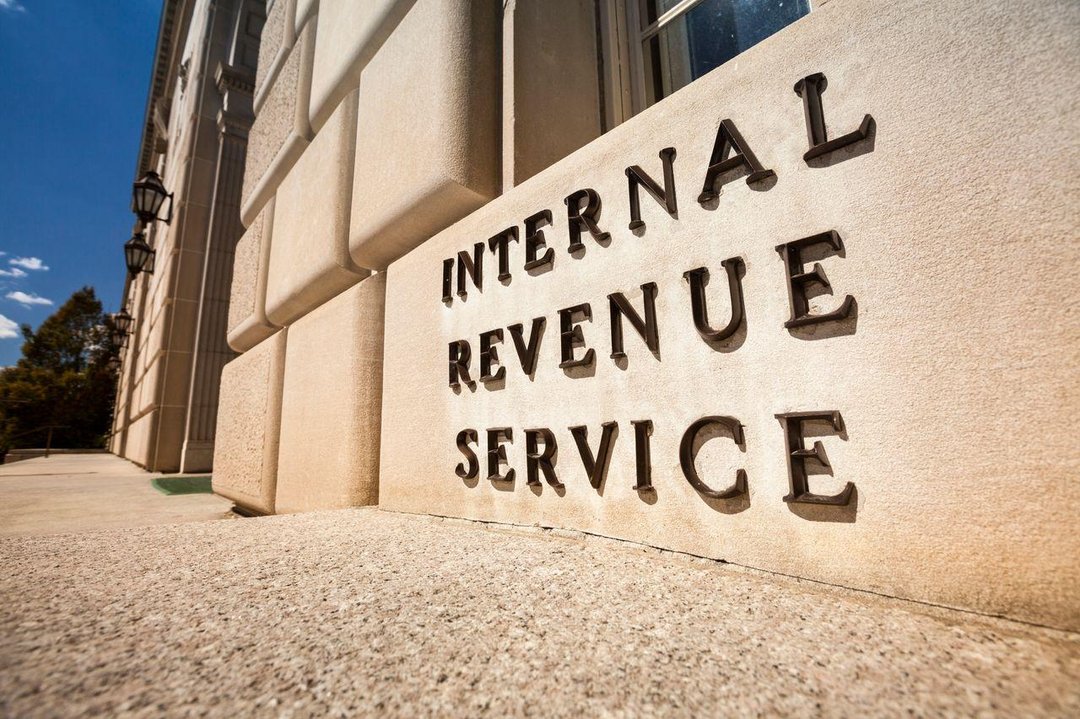
By Ashlea Ebeling
April 18, 2024
Many Americans who inherited retirement accounts since 2020 won’t be required to start pulling money out this year after the Internal Revenue Service said it was further postponing enforcement of a law passed in 2019.

ISTOCK
Part of the law required most inheritors other than spouses to empty IRAs within 10 years, not over their lifetimes, as was previously allowed. Many heirs interpreted this to mean that they could hold off pulling money out until year 10, allowing them to time their withdrawals to lower their taxes while the balances continued to grow.
Then, in February 2022, the IRS proposed rules mandating annual withdrawals for these inheritors during that 10-year period, if the original account owner had already been taking distributions.
After complaints from taxpayers and financial-services companies over how to follow the new rules, the IRS said it wouldn’t impose penalties for missing required minimum distributions, or RMDs, until the details could be finalized, essentially allowing these inheritors to skip taking money out. That reprieve has now been extended through 2024.
The penalty for failing to take required IRA payouts is assessed at 25% of the amount that should have been taken out.
“It’s very difficult at best to figure it out,” said Larry Steckmest, a retired lawyer in Novato, Calif. He inherited a modest IRA from his mother who died at age 101 in 2022. He didn’t take any money out for 2023 because of the IRS delay and has been waiting for the final rules to decide what to do for 2024 and beyond.
“You need to know what you’re required to do, and then you can decide what you want to do,” he said.
Assuming the final rules don’t change things, Steckmest will have to start taking annual distributions in 2025, based on his life expectancy, and drain the account by Dec. 31, 2032.
When to take distributions
Withdrawals from traditional inherited retirement accounts are treated as income by the IRS, so the timing of these distributions matters for tax strategy. For someone on the cusp of retirement, the delay could reduce taxes.
“What you have to remember is you still have 10 years to deplete the account,” said Denise Appleby, an IRA consultant in Grayson, Ga.
A 66-year-old who inherited a parent’s $200,000 IRA in 2020 would have had to take out about $26,000 so far if it weren’t for the IRS relief through 2023. The 2024 required distribution would have been about $9,000.
“It becomes a tax question,” Appleby said. In some cases, it might pay to wait to take distributions, while in others, it might be more tax-efficient to time the distributions over the 10 years.
What if you inherit an inherited IRA?
Things get even more complicated for successor beneficiaries, those who inherit an inherited account.
Consider a 75-year-old grandmother who inherited an IRA before 2020 from an older brother. She started taking annual distributions based on her life expectancy. Then she died in 2020 and left her inherited IRA to her granddaughter. The granddaughter is required to continue taking annual distributions and deplete the inherited IRA by the end of 2030, using the grandmother’s life expectancy. She will get the reprieve for 2021, 2022, 2023 and 2024, leaving six years to empty the account.
If the brother had been younger than the grandmother and died while taking distributions, the granddaughter would still have to empty the account by the end of 2030, but she would take annual distributions based on his longer life expectancy, increasing the amount the IRA could grow tax deferred.
Who still has to take a 2024 RMD?
This latest notice doesn’t change the rules for spouses and certain other beneficiaries, including the chronically ill, who generally must still take annual minimum distributions over their expected lifetimes.
Heirs who inherited accounts before 2020 are still subject to the old rules, which means they generally must take annual withdrawals over their expected lifetimes.
Write to Ashlea Ebeling at ashlea.ebeling@wsj.com
Dow Jones & Company, Inc.



